‘The time for talking is over’
AUSTRALIA’S former Sex Discrimination Commissioner Elizabeth Broderick reveals how she plans to take up the global fight for gender equality with a new role at the United Nations.
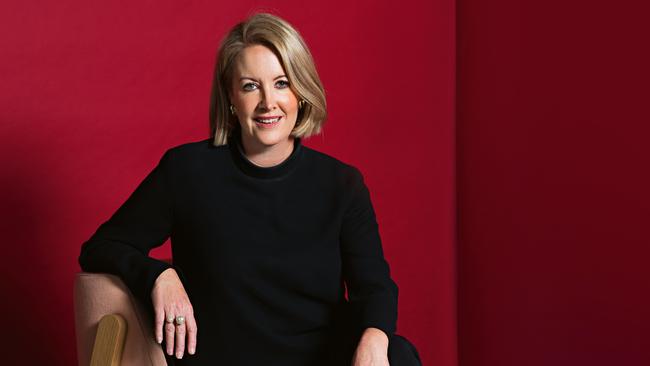
Stellar
Don't miss out on the headlines from Stellar. Followed categories will be added to My News.
CHAUFFEURING an elderly woman from hospital to the family’s medical practice in suburban Sydney in the late 1970s was the moment Elizabeth Broderick realised men and women were not equal in the eyes of society.
Then a 17-year-old in possession of her driver’s licence for just over a week, Broderick nearly crashed the vehicle when her frail passenger — laden with drips and cords and hobbled with a suspected pulmonary embolism — sent condolences to Broderick’s father for having three girls and no son.
“She said, ‘Oh, so do you have any brothers or sisters?’” Broderick recalls as she talks to Stellar. “And I said, ‘Yeah, actually, I’ve got two sisters. An identical twin and a younger sister.’ And she just looked at me and said, ‘Oh my god, your poor father, no-one to carry on the family name.’ I thought, ‘There are people in the world that think like that and there are women in the world that think like that. This is not right.’”
The Broderick women grew up in a family home where there was never any inequality between mum Margot and dad Frank, each a medical professional. Two of them followed their parents’ path — Broderick’s identical sister Jane, 56, is a medical professor at The University of Sydney and younger sister Carolyn, 52, is chief medical officer for Tennis Australia. Broderick, meanwhile, has been championing the cause for gender equality since that fateful car journey.
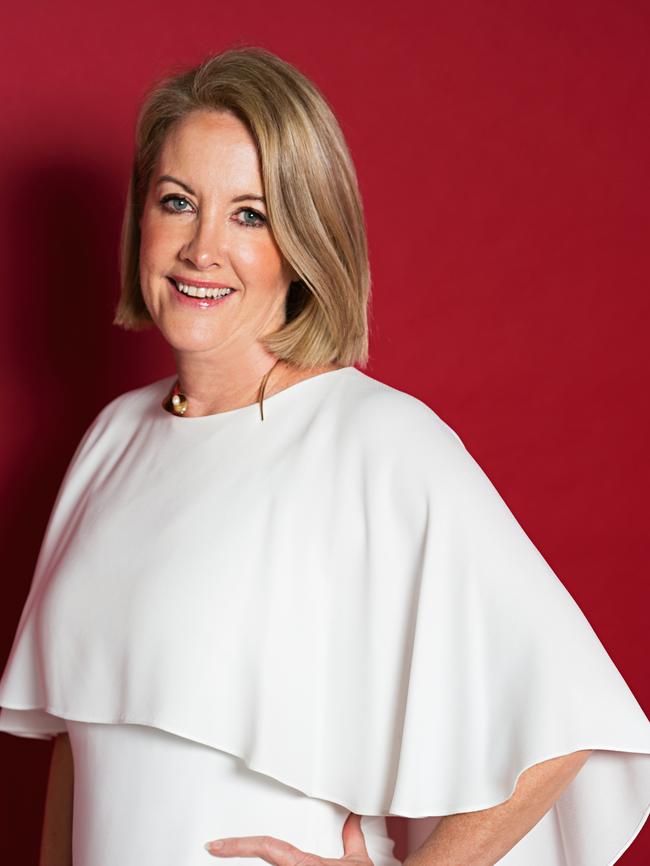
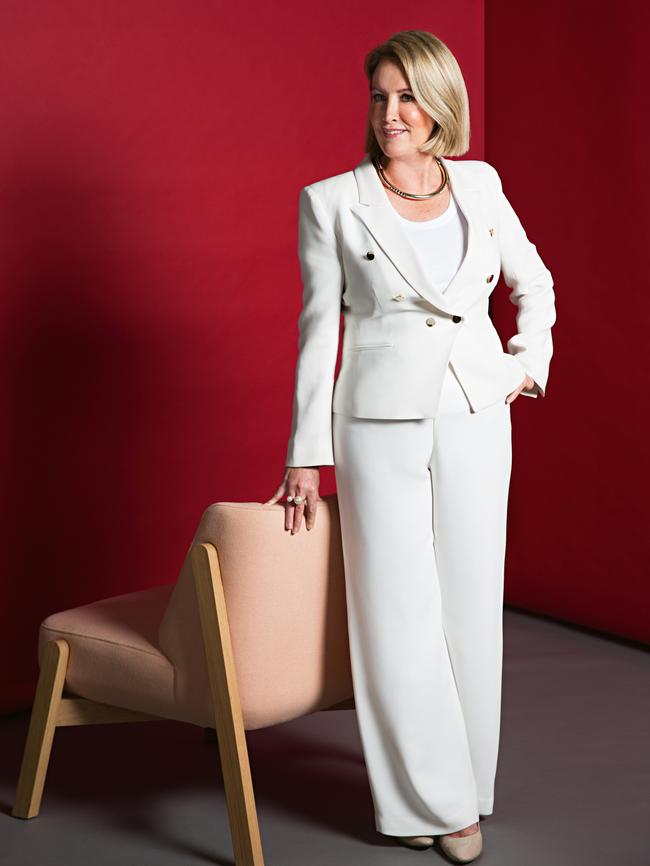
One of only two women to take a computer science class during her first year at university, Broderick trained as a lawyer and herself experienced sexual harassment and gender inequality in her early career. She served as Sex Discrimination Commissioner from 2007 to 2015, with achievements including proposing a model for Australia’s first paid parental leave scheme, leading a wide-ranging review into the Australian Defence Force’s treatment of women, advancing the pace of domestic violence reform and establishing the Male Champions Of Change initiative.
She also set up Elizabeth Broderick & Co. upon leaving her Commissioner posting, and in 2016 was named NSW Australian Of The Year for her work as a social-change innovator. Now she is taking her fight on the road and around the world; on September 29, Broderick was appointed as a Special Rapporteur on the United Nations Working Group on discrimination against women.
Broderick modestly laughs off suggestions that she now gets to wake up every day and change the world. However, in reality, that is exactly what she has been tasked with doing. Along with four other experts, her three-year mission is to travel the globe, educate people on and spread messages of gender equality, and then report back to the UN on thematic priorities as a representative of developed nations. Perhaps underestimating her own experience and talents, Broderick tells Stellar, “I never for a minute thought I would be able to step into a role like this — and at exactly the same time that Australia steps up as a member of the UN Human Rights Council.”
No Australian has held such a position before, and as she embarks on it Broderick says the time for mere platitudes is over. But she acknowledges any successes she achieves will be measured differently to positions she has held in the past. “I have to remind myself that being there in that moment matters. Being able to elevate women’s voices in a nation where women’s voices have always been silenced — that matters.”
Broderick believes human rights and gender equality are at a crossroads, and she worries there is more resistance than ever to change. “The environment is more hostile to any discussion around human rights and promoting gender equality, which is sometimes seen as ‘identity politics’,” she explains. “There is an increased hostility to it. I notice it in my own work. I feel more reputationally threatened today, in 2017, probably than I ever have in the history of my career. I probably think about the ramifications of speaking out more than I did in the past.”
And the recent slew of sexual harassment allegations in Hollywood encompassing mega-producer Harvey Weinstein and actor Kevin Spacey did not entirely startle her. “It reminds me that power silences individuals. Was I surprised? No. Was I shocked? Probably not. This goes exactly to the heart of the work that I do on a lot of major institutions. I see it across every sector.”
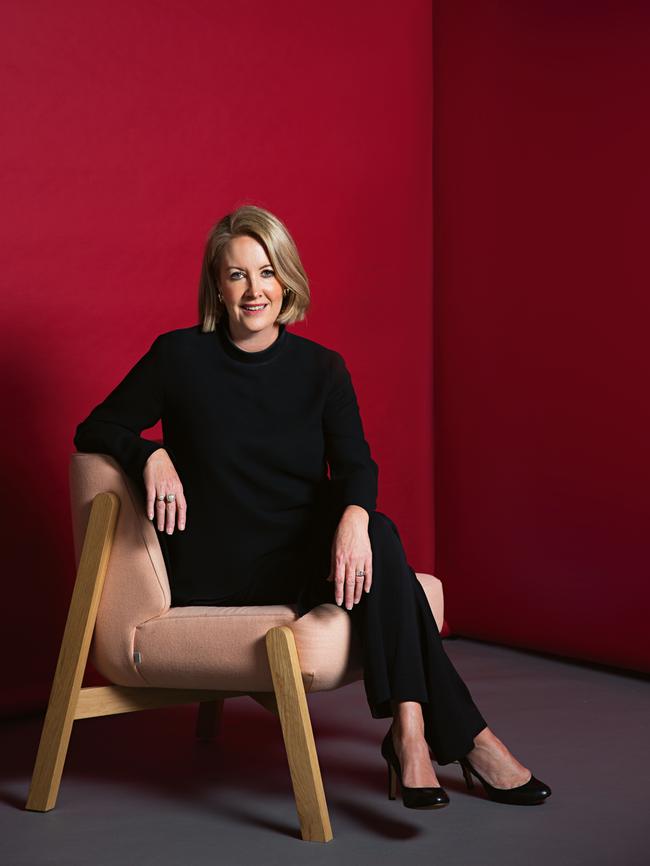
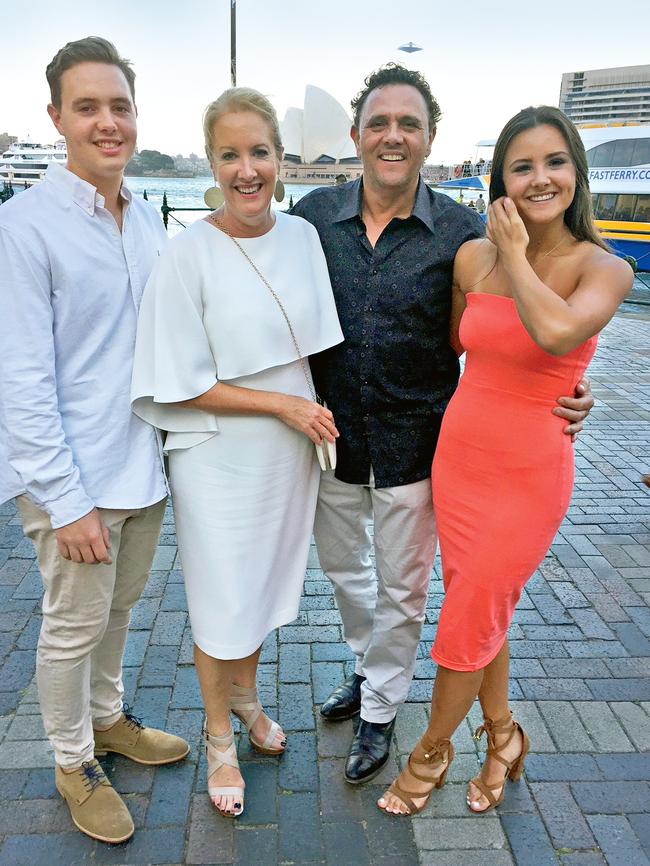
Broderick says it has been difficult “being the keeper of thousands of stories” over the years, and that she has had to split herself, metaphorically, in two in order to keep going in her fight against discrimination. “I don’t lose the emotion — I feel it. I use it to empower me to want to do more. I call it holding my compassionate self beside my strategic self.”
She says she can’t recall one story being particularly more tragic than the other, and insists they are all equally heartbreaking. “There was a lot of sadness, deep sadness — particularly around the areas I worked in around sexual assault, domestic violence and during my time as Sex Discrimination Commissioner. I travelled to deployed environments and elsewhere and when I came on the base women would tell me their stories.
“I heard stories of extreme exclusion — a woman [in the Defence Force] going on exercise and not being spoken to for extended periods. I heard about women who were being sexually assaulted by their instructor, the very person they go to for advice.”
Broderick is adamant that much of this behaviour can be changed in the future through the messaging that children receive from a very young age, which she believes needs reform. “Look at what is happening in Finland, in Norway and Sweden. In all those countries they are starting with gender education at a preschool level, basically helping children understand that boys and girls can do anything, in a sense. So their children’s picture books show men in caring roles and women as scientists, through to looking at the division of unpaid work and the role of women in building the economy.
“We need that more in Australia. And it’s not just putting all the men in caring roles and all the women as scientists. It is showing men and women in the diversity of roles. I think that would be really important.”
Given her own upbringing was close and supportive, Broderick says of all the tasks in her portfolio the most important will be raising, along with husband Hunter Southwick, two equality-aware children in son Tom, 21, and daughter Lucy, 20. “Equality starts at home,” she says. “I very much believe that. That means every one of us can do something, because what we model — particularly if we are parents — children take into their own lives. We set the expectations of our daughters and the attitudes of our sons and that’s why I think it is so deeply important. We model what we want to change.
“People say to me, ‘What is your greatest achievement?’ It won’t be Male Champions, the UN, the Sex Discrimination Commissioner role. It will be raising a son who believes fundamentally that equality is the only path. That will be the greatest gift to Australia.”
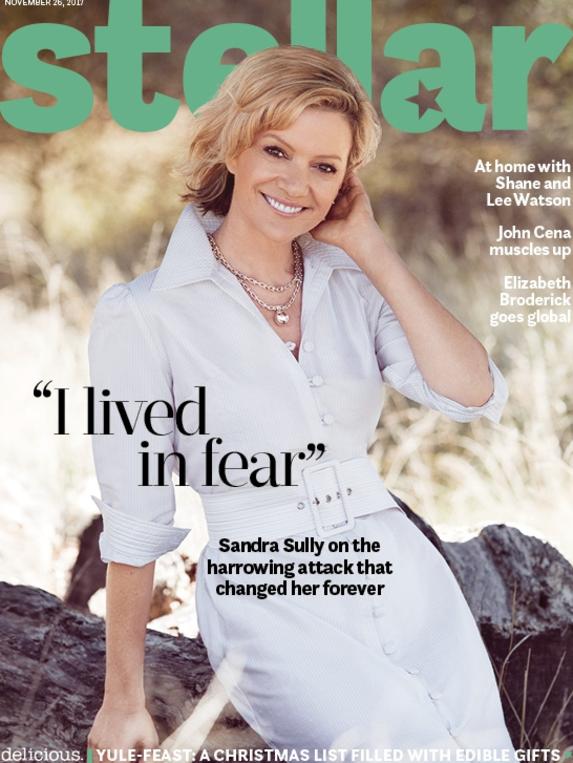
A recent OECD report found gender equality the world over is lagging, despite much focus on the issue in recent years. Not much has changed since 2010 among western countries. In Australia, our female representation of women in parliament is still low. Women do 15 hours more housework a week than men, regardless of work status, according to the Australian Bureau of Statistics. Men on average get paid 15.3 per cent more than women to do the same job and 42 women have been killed due to domestic violence this year to date, with 73 murdered in 2016 according to Destroy The Joint.
Broderick is wary to throw labels at Australia but says definite pockets of problematic behaviour and belief systems continue to thrive.
“We are built on the back of a pioneering history,” she says. “I wouldn’t say it makes us sexist, but I would say pockets of sexism exist.” True parity between the sexes is still the goal, and one — at age 56 — she believes she will see in her lifetime. “But it won’t happen until every one of us steps up and takes action,” she cautions. “I am always optimistic.
“The time for talking is over, and there is not one single step that will take us there. It is about persistence; it is about countless steps that every one of us takes every day to build a more gender-equal nation. We need to start accelerating the pace of change.”


